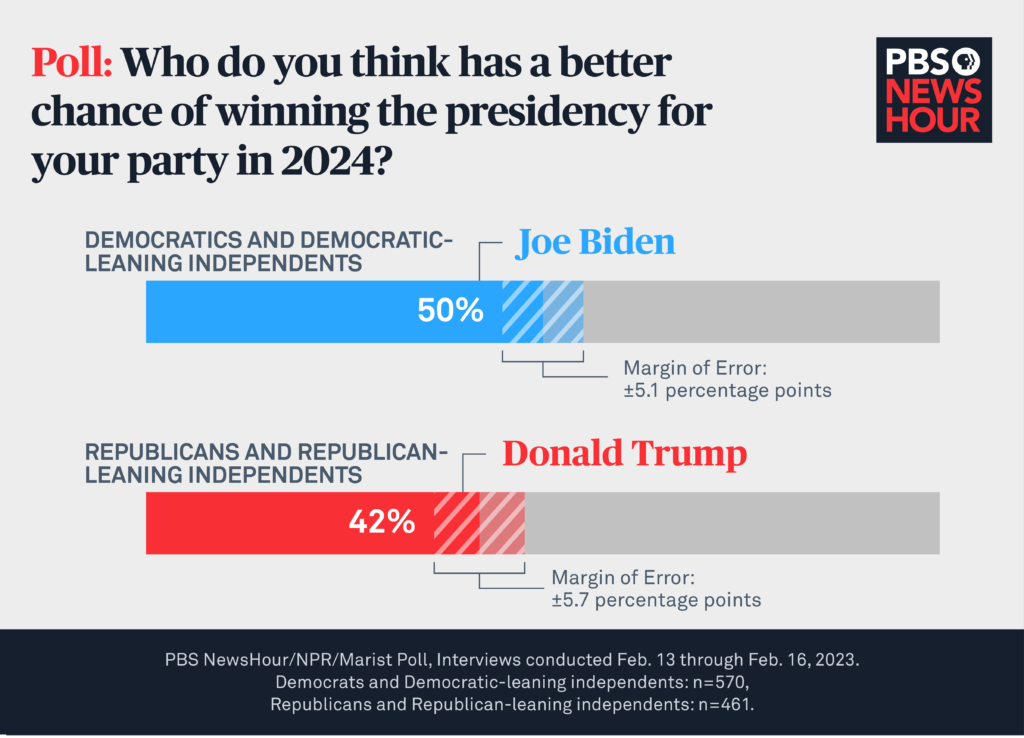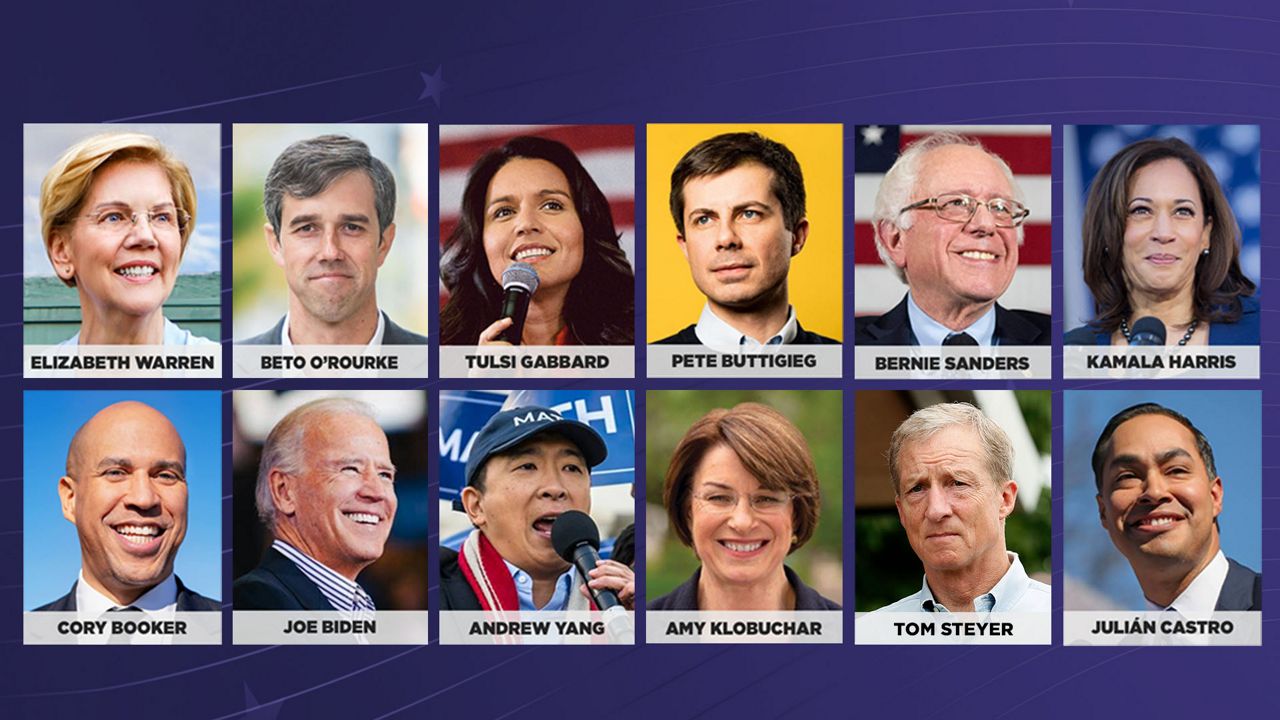Importance of Presidential Debates in the Election Cycle: Presidential Debate Dates

Presidential debates are a crucial component of the American electoral process, serving as a platform for candidates to directly engage with voters and present their policy positions. These televised events offer a unique opportunity for the public to compare candidates side-by-side, evaluate their communication skills, and assess their suitability for the presidency.
The Impact of Debates on Public Opinion and Voter Decisions
Presidential debates have a significant impact on public opinion and voter decisions, influencing the electorate’s perception of candidates and their policy stances.
- Increased Awareness and Engagement: Debates stimulate public discourse and raise awareness about key issues, prompting voters to engage more actively in the political process. For instance, the 2016 presidential debates sparked extensive discussions about healthcare, immigration, and the economy, leading to increased voter participation in these areas.
- Candidate Evaluation: Debates provide voters with a platform to evaluate candidates’ qualifications, policy positions, and leadership qualities. By observing candidates’ responses to challenging questions and their ability to articulate their vision, voters can gain insights into their suitability for the presidency. For example, the 2020 presidential debates highlighted the candidates’ stances on COVID-19, racial justice, and climate change, allowing voters to compare their approaches to these critical issues.
- Shifting Voter Preferences: Debates can influence voter preferences by highlighting specific issues or candidate attributes that resonate with the electorate. A strong performance in a debate can bolster a candidate’s support, while a weak performance can lead to a decline in popularity. For instance, the 1960 presidential debates between John F. Kennedy and Richard Nixon are credited with influencing the outcome of the election, as Kennedy’s television presence and eloquence resonated with voters more than Nixon’s.
Impact of Debates on Different Types of Voters
Presidential debates have varying impacts on different voter segments, influencing their choices based on their existing political leanings and information-seeking behaviors.
- Undecided Voters: Debates can significantly impact undecided voters, providing them with the information and insights they need to make a decision. These voters are more likely to be swayed by a candidate’s performance and persuasive arguments during the debates.
- Partisan Voters: Debates tend to reinforce the existing views of partisan voters, as they often seek confirmation of their pre-existing biases. While debates may not sway these voters, they can solidify their support for a particular candidate by highlighting their policy positions and emphasizing their strengths.
- Low-Information Voters: Debates can play a crucial role in informing low-information voters, who may have limited knowledge about the candidates and their positions. These voters often rely on debates to gain insights into the candidates’ qualifications and policy stances, influencing their voting decisions.
Key Themes and Issues in Presidential Debates
Presidential debates typically focus on a range of key themes and issues that are relevant to the electorate and reflect the current political climate.
- Economy: The state of the economy, including job creation, inflation, and economic growth, is a perennial issue in presidential debates. Candidates are often challenged to articulate their plans for addressing economic challenges and promoting prosperity.
- Healthcare: Healthcare access, affordability, and quality are consistently debated, with candidates outlining their visions for reforming the healthcare system. Debates often highlight differences in candidates’ approaches to issues such as universal healthcare, pre-existing conditions, and prescription drug costs.
- Foreign Policy: National security, international relations, and the role of the United States in the world are frequently debated, with candidates outlining their strategies for addressing global challenges and promoting American interests. Debates often delve into issues such as terrorism, military spending, and alliances with other countries.
- Social Issues: Social issues such as abortion, gun control, and climate change are often debated, reflecting the evolving values and priorities of the electorate. Candidates are expected to articulate their positions on these contentious issues and demonstrate their understanding of the complexities involved.
Impact of Presidential Debate Dates on Campaign Strategy
The timing of presidential debates plays a crucial role in shaping campaign strategies and media coverage. The debates offer candidates a platform to directly address voters, showcase their policies, and attempt to sway undecided voters. The strategic planning surrounding debate participation, including the timing of the debates, can significantly influence the outcome of an election.
Debate Schedule and Campaign Strategy, Presidential debate dates
The debate schedule can influence a campaign’s strategy in various ways. The proximity of debates to primary elections or the general election can impact the focus of a campaign’s messaging and the allocation of resources.
- Early debates can be crucial for lesser-known candidates to gain visibility and momentum. Candidates may choose to emphasize their policy positions and personal stories in early debates to introduce themselves to the electorate.
- Debates held closer to the general election may be more focused on attacking the opponent and highlighting key differences in policy positions.
- The timing of debates also influences the media coverage they receive. Debates held earlier in the election cycle often receive less media attention, while those held closer to the election are more likely to be heavily covered and analyzed.
Challenges and Opportunities Presented by Different Debate Schedules
Different debate schedules present both challenges and opportunities for campaigns.
- A tightly packed schedule with multiple debates in a short period can be challenging for candidates to prepare for each debate effectively and avoid making significant errors.
- On the other hand, a more spaced-out schedule provides candidates with more time to refine their messaging and strategize for each debate.
- The number of debates can also influence the overall impact of the debate season. A smaller number of debates may allow candidates to focus on a limited number of key issues, while a larger number of debates can provide a more comprehensive overview of the candidates’ positions.
Hypothetical Campaign Strategy
Imagine a presidential candidate facing a debate schedule with three debates, one in September, one in October, and one in November, leading up to the general election.
- The September debate would be an opportunity for the candidate to introduce themselves to the electorate and highlight their key policy positions. This would be a time to emphasize their experience and qualifications, particularly for those unfamiliar with their background.
- The October debate would be a chance to attack the opponent’s record and highlight policy differences. The candidate might focus on specific issues that are particularly relevant to the current political climate or issues that resonate with key voting blocs.
- The November debate would be a final opportunity to appeal to undecided voters and make a lasting impression. The candidate might choose to focus on their vision for the future and emphasize their commitment to addressing the concerns of the electorate.
So, you’re all about those presidential debate dates, huh? I get it, it’s all anyone’s talking about. But before we dive into the nitty-gritty of those dates, let’s take a quick detour to check out what’s happening at Trump’s press conference today.
It’s like, a whole other level of drama, right? Anyway, back to those debate dates…
So, you’re all caught up on the presidential debate dates, huh? But, let’s be real, who’s got time for politics when the Eagles are on fire? Kenny Pickett’s been throwing some serious heat this season, and you can check out his rise to stardom in this article here.
Alright, back to the debates. Maybe we can all agree on a few things, even if we disagree on the candidates.

